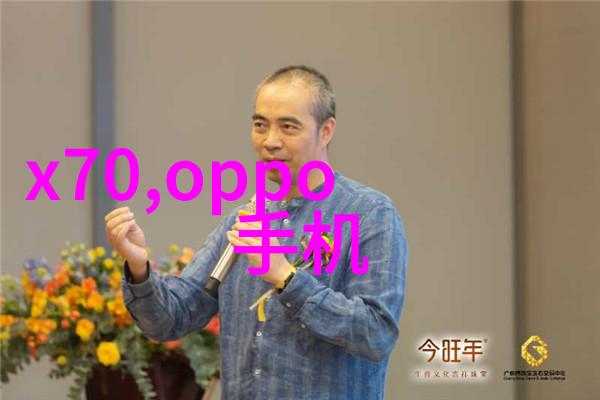How does the Go community contribute to its contin
How does the Go community contribute to its continuous growth?

The Go programming language, commonly referred to as Golang, has experienced rapid growth and development since its inception in 2007. This is largely due to the strong and active community that supports it. The community's contributions have been instrumental in shaping the language and ensuring its continued success.
One of the key factors contributing to the growth of the Go community is its open-source nature. Anyone can access and modify the codebase, which encourages collaboration and innovation. This openness also fosters a sense of belonging among developers who are passionate about improving Go.

Another significant aspect is the creation of packages by members of the community. Packages are reusable libraries that provide pre-built functionality for common tasks or operations. These packages not only make coding easier but also promote consistency across different projects using Go.
The popularity of conferences like GopherCon (previously known as Golang Con) showcases another way in which contributors help grow interest in Go. These events bring together developers from around the world to share knowledge, discuss best practices, and network with fellow enthusiasts.

In addition to these gatherings, online forums such as Reddit's r/golang serve as platforms for discussion on various topics related to programming with Go. They offer valuable resources like tutorials, examples, and troubleshooting tips for both beginners and seasoned programmers alike.
Moreover, GitHub provides a hub where individuals can showcase their work on various projects using Golang – fostering learning opportunities through example-driven exploration. It also serves as an incubator for new ideas that may eventually become part of official libraries or tools provided by Google or other maintainers.

Google itself plays a crucial role in nurturing this ecosystem by actively supporting initiatives such as gRPC (a high-performance RPC framework), Kubernetes (an orchestration system designed specifically for containerized applications), etcd (a distributed key-value store used within Kubernetes), Protocol Buffers (a lightweight binary data serialization format), along with numerous other open-source projects developed internally before being contributed back into communities at large—demonstrating their commitment towards making these technologies accessible globally while encouraging further development within those ecosystems too!
Furthermore there exist organizations dedicated entirely toward promoting adoption & use cases specifically focused upon particular industries - be it financial services or AI/ML etc., they create more opportunities where people interested could engage themselves either directly participating via PRs/Patches /issues reporting/ documentation improvements OR indirectly contributing financially sponsoring hackathons contests providing grants scholarships thus enabling others join them onboard journey building vibrant go-based communities everywhere!

Lastly yet importantly educational institutions worldwide integrate courses involving teaching students how-to program using go alongside offering certification programs so one needn't worry about starting afresh even if he isn't familiar earlier; this ensures continuous influx newcomers eager learn explore apply what they've learned thereby driving forward progress overall betterment all aspects life from simple scripts complex enterprise solutions everything between now then future possibilities seem endless exciting times ahead indeed!



